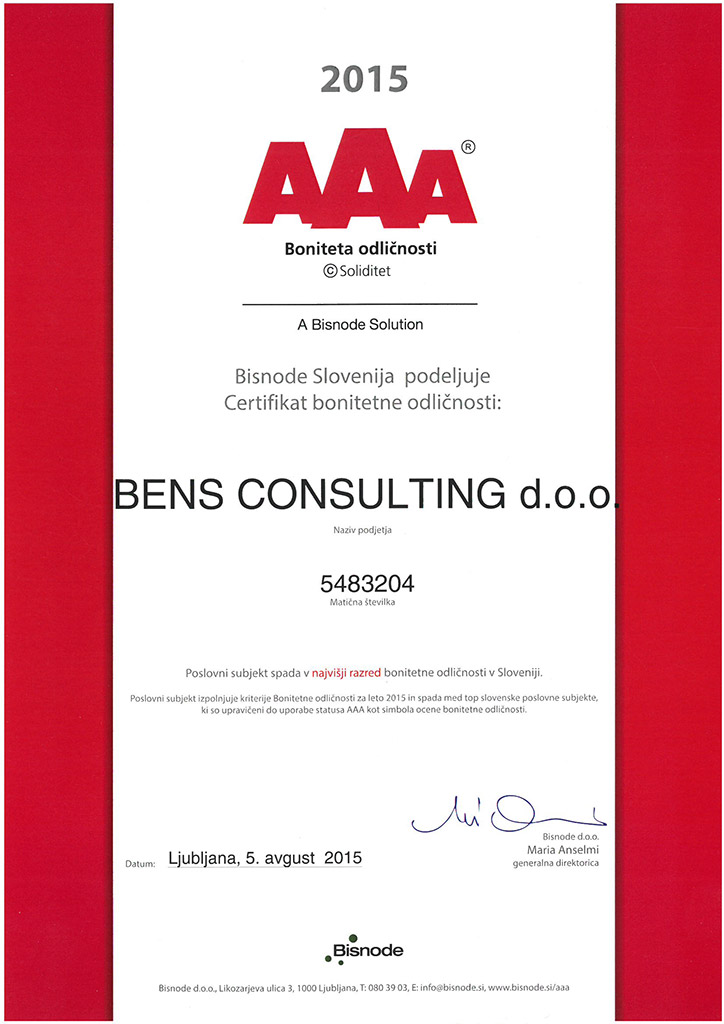There are 7 mistakes you don't know you could be making when it comes to Safety Data Sheets.
I suspect anyone interested in Safety Data Sheets - or better results - may find this breakdown interesting.
Here are the first two mistakes (and I'll get to others in couple of days)...
Information contained in the Safety Data Sheets (SDS) is confidential.
Absolutely not.
This is still one of the top false »facts« I hear on meetings.
The truth is that no confidentiality may be imposed on information that should be included in the Safety Data Sheet.
Just one thing can remain “concealed” in the SDS and that's the secrecy of the chemical name, and even that only in certain cases.
For example, if the product contains hazardous substances which exceed certain concentrations (usually 0.1% or 1%), we must indicate them under item 3 of the Safety Data Sheet.
You cannot just conceal them.
That brings me to mistake number two.
Safety Data Sheet (SDS) is intended for Chemical inspection or other regulatory bodies only.
Not true. Here's why?
Safety Data Sheets are a relevant source of information for safety engineers, chemicals consultants, doctors, transporters and storage managers.
Take section 8 for example.
This section of SDS is of key importance for a professional user, such as a safety engineer because it indicates protective equipment (protective mask, filter, work shoes, clothes etc.).
This section is also important when you want to know to which substances workers are exposed and the limits for safe usage (e.g. what is still a safe concentration of acetone in the air).
A doctor, for instance, needs SDSs for preparing a risk assessment for a workplace. In this case, SDS data present the basis for the preparation of such an assessment/document.
Those interested in waste and waste management, can find relevant information under Section 13.
Section 14 on the other hand is important for transporters, so they are informed about the type of chemicals they are transporting.
All information collected in one Safety Data Sheet is therefore intended for various experts (and not merely inspectors, which is often the popular belief people share).
Keep out on other mistakes I'll reveal - some are surprising and are costing companies lots of money.






 Back to posts
Back to posts

